Colorado journalists and media makers who need access to public records in order to investigate and report on social, economic, racial and other inequities can now find support from a new “watchdog fund” established by the Colorado Media Project.
Seeded by The Colorado Trust, the fund will reimburse qualified applicants for money they spend on accessing public records in order to report on topics of public importance — up to $1,000 per request.
The often-high cost of obtaining public records in Colorado sometimes can stifle journalists’ efforts to dig deeper into stories that require information from state agencies or local governments. As the Colorado Freedom of Information Coalition pointed out in a 2020 report, public agencies may charge fees that “can be used to make public records so cost prohibitive they effectively are off limits to the public.”
The Colorado Open Records Act (CORA) allows public agencies to charge up to $33.58 an hour to retrieve, compile and redact public records in response to requests from journalists and members of the public. The Colorado Criminal Justice Records Act (CCJRA) permits law enforcement agencies to charge no more than their “actual costs.” This can result in charges of hundreds or thousands of dollars per request, in some cases. CORA fees are on track to rise more than 20 percent in 2024 because of soaring inflation, according to CFOIC.
A statewide survey of journalists conducted for The Colorado Trust by the University of Denver in 2020 identified the need for targeted funding to support the acquisition of public records.
“Coloradans rely on local journalists to monitor, uncover, and amplify important issues so that we, the people, can hold the powerful to account, mobilize communities, advance causes, and enact stronger policies,” said Colorado Media Project Director Melissa Davis. “This fund supports journalists’ role in that work at a fundamental level.”
Applicants are encouraged to contact CFOIC and the Reporter’s Committee for Freedom of the Press for technical and legal support for individuals seeking to submit records requests.
Who is eligible? Journalists, documentarians and other media makers whose stories are likely to expose or shed light on policies or practices that are contributing to inequities may apply for the fund for up to $1,000 per request.
What are the priorities? Preference will be given to:
Reporting projects that investigate and report on social, economic, racial and other inequities;
Applicants with a clear plan to publish and distribute their work widely and according to standards of professional ethics;
Applicants who work for nonprofit newsrooms or smaller news outlets and might otherwise not have adequate resources to afford expensive requests for public records;
Members of the Colorado News Collaborative, the Colorado Press Association and the Colorado Broadcasters Association.
Who and what is ineligible?
Members of the public who have no affiliation with a Colorado newsroom;
Individuals with no plans to publish or distribute their work;
Applicants whose work is primarily targeted at audiences outside of Colorado;
Reporting projects on topics that do not address inequities.
Application process:
Prior to submitting a request to the Watchdog Fund, applicants are encouraged to contact the Colorado Freedom of Information Coalition hotline (720-274-7177 or coloradofoic@gmail.com) or the Reporters Committee for Freedom of the Press for support submitting records requests and ways to potentially limit costs.
Applications will be reviewed on a rolling basis; there are no deadlines for the fund.
Applications will be accepted to support future public records requests, active/submitted requests, and for reimbursements on public records already obtained.
The questions on the application form are framed for future requests; if you’ve already obtained the records, you will have the opportunity to note this in the application.
Applications are reviewed by a committee of journalism and freedom-of-information experts. The Colorado Media Project executive committee makes final decisions on applications to the fund.
We strive to notify applicants promptly; turnaround time can be as little as two weeks after submitting an application, for urgent needs.

